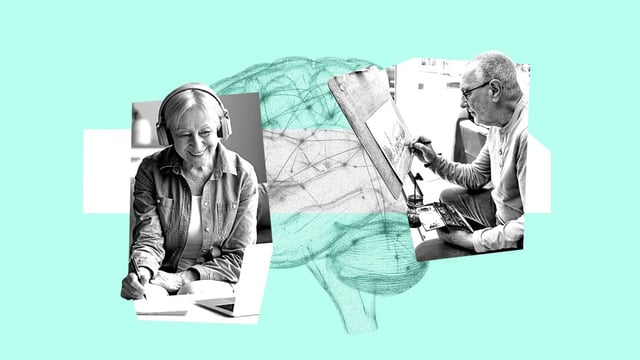Overview
- A new study published in PLOS One finds that while general curiosity (trait curiosity) declines with age, specific topic interest (state curiosity) increases significantly after middle age.
- Researchers suggest that engaging in curiosity-driven activities, such as hobbies or learning new skills, may bolster cognitive health and reduce dementia risk.
- The study, involving 1,200 participants aged 20 to 84, highlights how life changes in later years, like reduced responsibilities, allow older adults to rediscover the joy of learning.
- Experts emphasize the need for structural support in workplaces and communities to transform momentary curiosity into sustained habits for long-term cognitive and organizational benefits.
- The findings align with selectivity theory, which suggests older adults focus on learning what matters most to them, enhancing both mental resilience and personal fulfillment.



